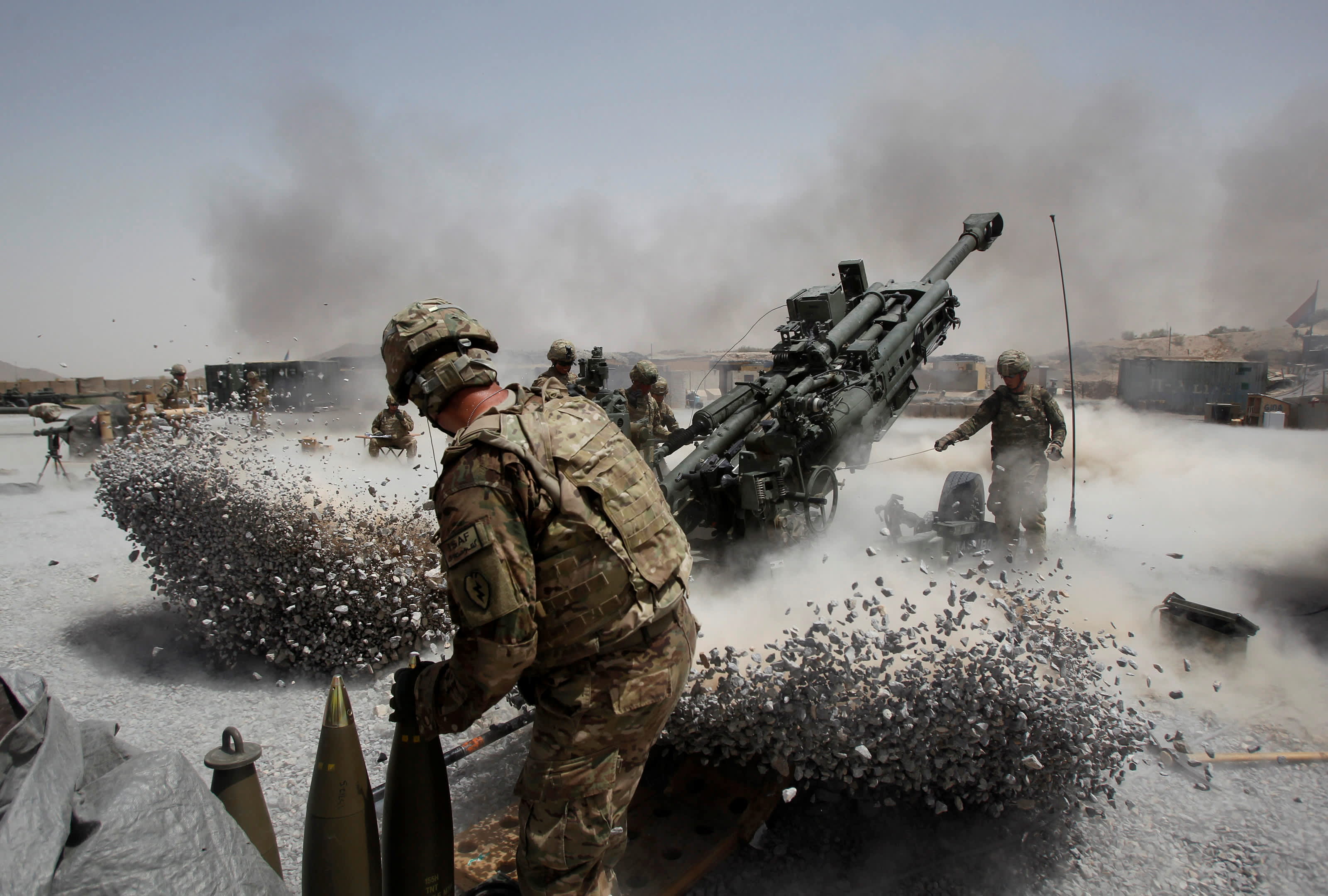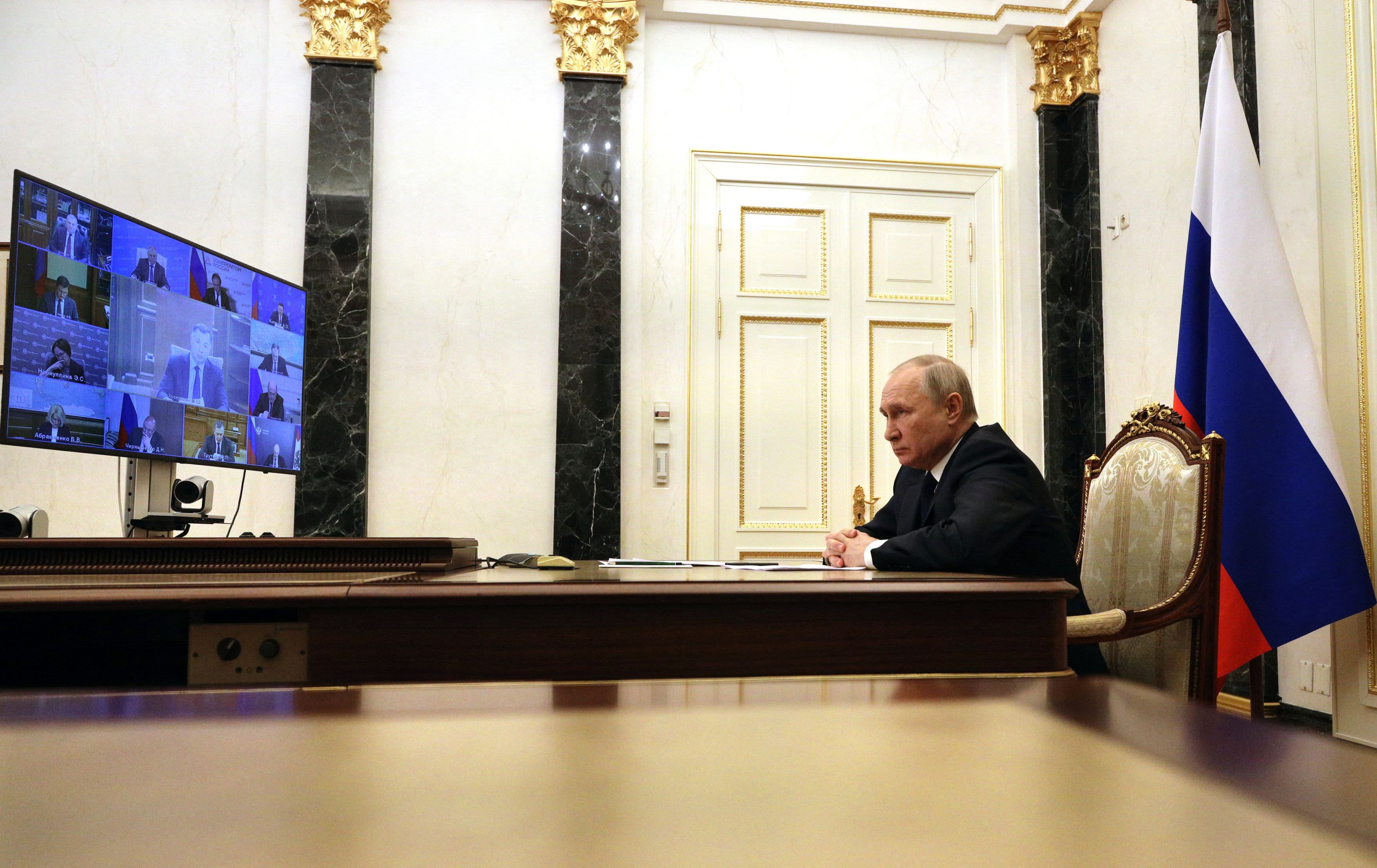Former NATO commander worries U.S. troop pullout from Afghanistan 'will cause a collapse'
Retired Navy Admiral James Stavridis explains why he's concerned about the U.S. withdrawal of troops from Afghanistan.

Retired Navy Admiral James Stavridis raised security concerns over the U.S. withdrawal of troops from Afghanistan, as the U.S. began its final drawdown of military forces there on Thursday.
"We're now down to 2,500 American troops, very small number," said Starvridis. "I think it continues to be an opportunity to put pressure on the Taliban, get a political settlement, and I'm concerned that pulling them out will cause a collapse in the Afghan security forces."
President Joe Biden decided to withdraw all troops from Afghanistan by September 11, 2021, after two decades of U.S. military intervention in the country. The Trump administration originally pledged to be out of the war-torn country by May 1st, but Biden pushed the date back.
Former Secretaries of State Hillary Clinton and Condoleezza Rice reportedly said they're worried about Biden's withdrawal plan. Rice even went as far as to suggest the U.S. may have to return at some point in the future. Stavridis agreed with Rice during a Friday evening interview on CNBC's "The News with Shepard Smith."
"Let's remember, we went there to crush terrorism, which had attacked us," said Stavridis, the former supreme allied commander for NATO. "It's entirely possible it could reflash, not only Taliban but also Al Qaeda, now the Islamic State. We'd better be prepared to come back in there if we have to."
Starvridis told host Shepard Smith that while he understands the sense of Afghan fatigue, it is not unusual to keep U.S. troops abroad. He noted that there are 35,000 troops in South Korea and 50,000 troops stationed in Europe.
Stavridis suggested keeping between 3,000-2,000 troops in Afghanistan to "maintain what we've done" and to "avoid a resurgence of terrorism, which could strike us again."
The White House did not immediately return a request for comment.

 Astrong
Astrong 
































